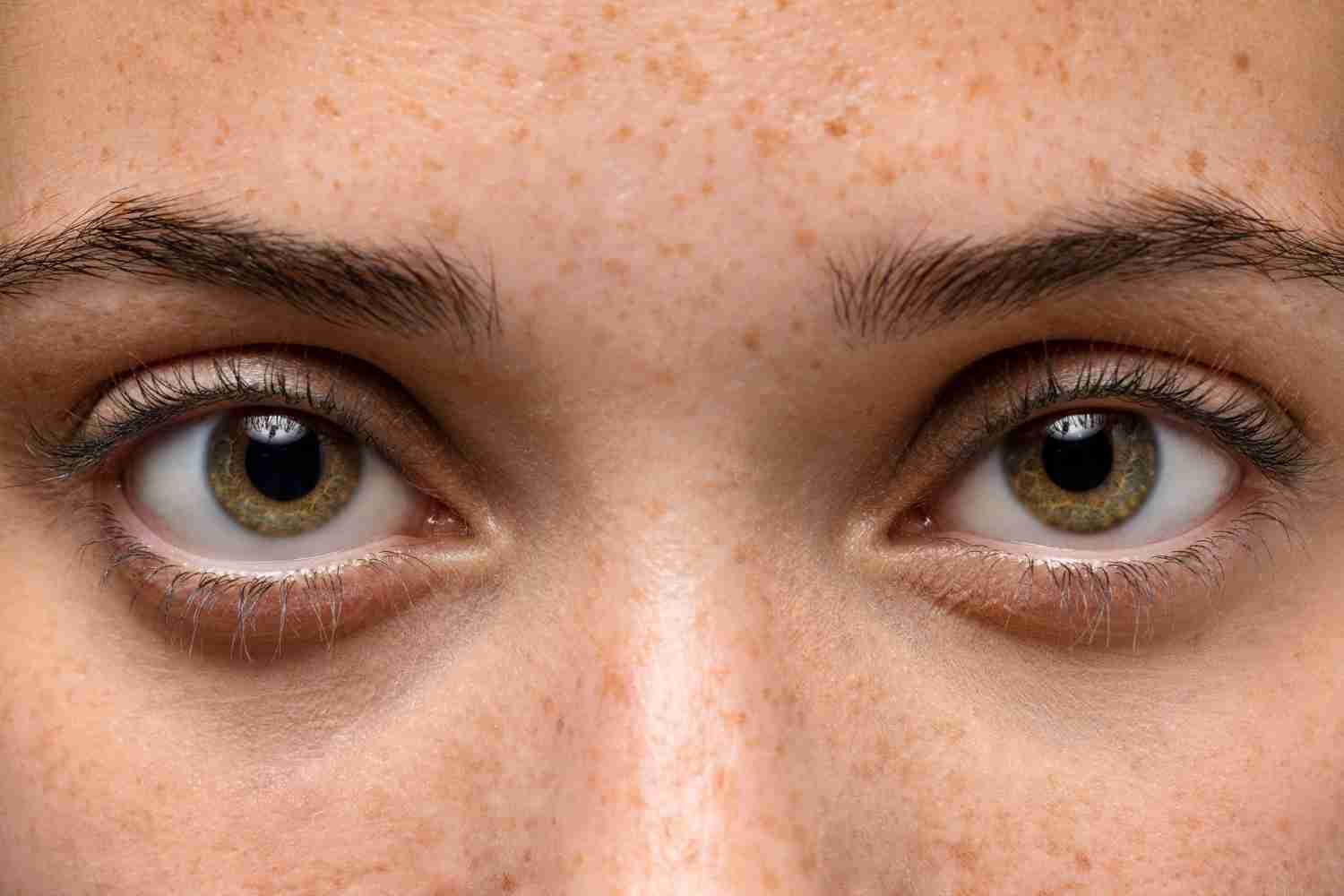Vitamin A is essential for maintaining good vision, a robust immune system, and overall health. While it is commonly found in foods like carrots, leafy greens, and dairy products, some individuals may struggle to get enough of this vital nutrient. Factors like poor nutrition, malabsorption disorders, or other health conditions can contribute to a deficiency, leading to serious health issues. This blog explores the causes, symptoms, diagnosis, and treatment of vitamin A deficiency and provides practical tips for prevention and early detection.

Vitamin A is crucial for eye health and immune function. A balanced diet with rich sources like fruits, vegetables, and dairy can help prevent deficiency.
Vitamin A deficiency occurs when the body doesn’t get enough of this crucial nutrient or cannot absorb it effectively. There are several factors that can lead to this condition:
A diet lacking in vitamin A-rich foods, such as dairy, eggs, fish, and leafy greens, is a common cause of deficiency. This is particularly true in areas where nutritious foods are scarce or for individuals who follow restrictive diets.
Certain medical conditions, such as liver disease, cystic fibrosis, or inflammatory bowel disease, can impair the body's ability to absorb vitamin A. Since vitamin A is fat-soluble, issues that affect fat absorption (like chronic diarrhea or pancreatic disorders) can contribute to this problem.
The body’s need for vitamin A rises during pregnancy, breastfeeding, or periods of illness. If the intake doesn’t meet this increased demand, deficiency can develop.
Chronic malnutrition or diets lacking in fats, proteins, and essential vitamins can put individuals at greater risk of vitamin A deficiency over time.
The liver stores vitamin A, and excessive alcohol consumption can impair its storage and metabolism, leading to deficiency even if dietary intake is adequate.
Vitamin A deficiency can impact vision, skin health, and immune function. The severity of symptoms often depends on how long the deficiency has been present.

Night blindness is an early sign of vitamin A deficiency, causing difficulty seeing in low light or darkness.
If left untreated, vitamin A deficiency can lead to severe eye problems, such as corneal ulcers and permanent vision loss.
Vitamin A deficiency is diagnosed based on a combination of symptoms, medical history, and lab tests.
A doctor will ask about dietary habits, health conditions, and any signs of malabsorption, such as chronic diarrhea or liver disease. A physical exam may check for dry skin, frequent infections, slow wound healing, and eye changes like Bitot’s spots.
A serum retinol blood test is commonly used to assess vitamin A levels in the body. However, levels can temporarily drop during infections or inflammation, so doctors will also consider symptoms and overall nutrition when making a diagnosis.
An eye specialist may conduct tests to check for night blindness and examine the eyes for structural changes, such as dryness or Bitot’s spots. In severe cases, a slit-lamp examination may be used to detect early eye complications.

Bitot’s spots can develop due to vitamin A deficiency and may indicate more serious eye complications if untreated.
Treatment focuses on restoring adequate vitamin A levels through diet, supplements, and addressing any underlying causes.
Mild deficiencies can often be corrected with dietary adjustments. Foods rich in vitamin A include:
In cases where dietary changes alone are insufficient, supplements may be recommended. These are available in various forms:
If the deficiency is due to an absorption issue (such as liver disease or cystic fibrosis), addressing the underlying condition is essential. Proper medication and nutritional support can help improve vitamin A absorption.
You should consult a doctor if you experience any of the following symptoms:
Early consultation can prevent complications and support overall health.
Vitamin A is a critical nutrient for eye health, immune function, and general well-being. A deficiency can lead to serious health problems, but with proper diet, supplementation, and medical intervention, it can be prevented and treated. If you suspect a deficiency or are at risk, it’s essential to seek professional advice to ensure optimal health.
Need Help?
If you’re experiencing symptoms of vitamin A deficiency or are concerned about your nutrition, consult with our healthcare team. We’re here to help you stay healthy with personalized guidance and support.
We offer expert care across key specialties, including Medicine, Cardiology, Orthopaedics, ENT, Gynaecology, and more—delivering trusted treatment under one roof.
Prakash Hospital Pvt. Ltd. is a 100 bedded NABH NABL accredited multispecialty hospital along with a center of trauma and orthopedics. We are in the service of society since 2001.
OUR SPECIALITIES
Contact Us
D – 12A, 12B, Sector-33, G. B. Nagar, Noida, Uttar Pradesh 201301
+91-8826000033

© 2026 All rights reserved.
Designed and Developed by Zarle Infotech